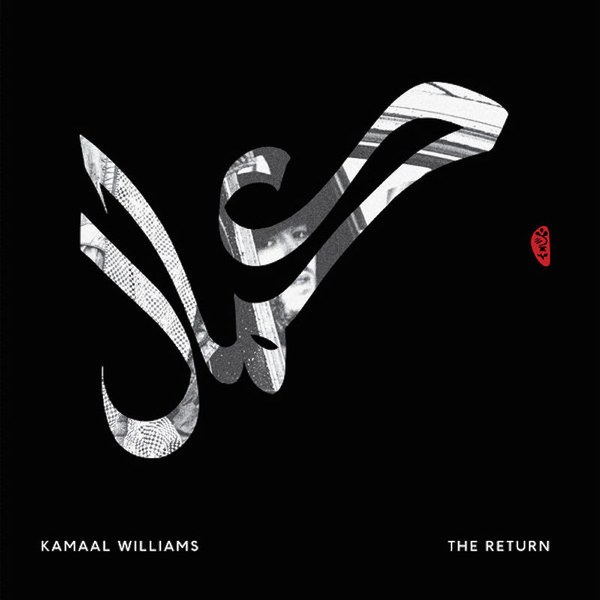Jazz hasn’t been this cool since the time of Burroughs, Kerouac, and Ginsberg. The musical movement that started as a neo-classical interpretation of the blues and rag time has matured with its audience and performers to become associated with a certain type of refined grey-haired musical audience, and not necessarily the streets of London.
But as younger musicians find new forms of expression through the sound of Jazz with albums like Leon Vynehall’s “Nothing is Still”, Floating Points’ “Elaenia” and Thundercat’s “Drunk” coming to the fore it’s breathing new life into the genre.
Jazz is the ultimate fusion genre, and electronic music genres, from Hip-Hop to House and Techno have often incorporated elements of Jazz, sampling its wares both literally and in more abstract terms like technique. In a new wave of artists pursuing the sound and the attitude of Jazz, comes the House producer and keyboardist formerly known as Henry Wu and one half of Yussef Kamaal, performing under his eponymous artistic moniker, Kamaal Williams.
Like Floating Points and Leon Vynehall who arrived through the mediums of House through the underground scene in London, Henry Wu first rose to prominence through House-driven beat-records for Rhythm Section International, Eglo and MCDE, featuring his enchanting work on keys and ephemeral bass movements that create lattice-like textures weaving in and out of dance floor percussive movements.
As Kamaal Williams he drops any inclusion of regular drum patterns in favour of wholly futuristic fusion between Jazz, Funk and Soul for his debut album, “The Return”. It’s a return to the music he was making as Yussef Kamaal with Yussef Dayes rather than anything you would’ve heard as Henry Wu.
Funky keys, stepping in unmeasured rhythms between effervescent percussion and burbling bass lines, flow like a river through this album. Joshua Mckenzie on drums and Pete Martin on bass assist Williams in achieving something effortless on “The Return”.
Everything feels of and in the moment, with nothing forced or predefined. It simply oozes cool, elegant and unperturbed, but in deep, soulful, introspective kind of way. There’s a substantial mood to the album that’s solidified in the warm keys of the Rhodes electric piano and the reticent bass movements biding their time and minding their space in the orchestration of the album.
Although there’s no lack of skill coming from the three corners of the album in terms of percussion, bass and keys, it swaggers rather than brags, like some naturally tapped bountiful resource that spurts from some immense crevasse lying between these musicians. “The Return” might have some significant personal meaning to the artist, but for this writer it only signifies one thing, the return of cool.

